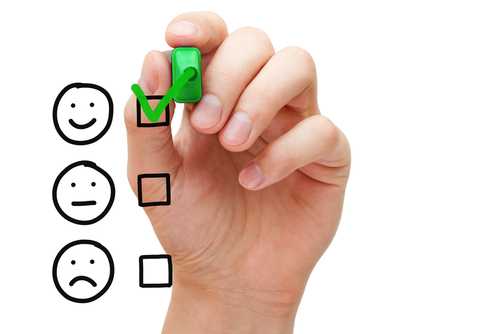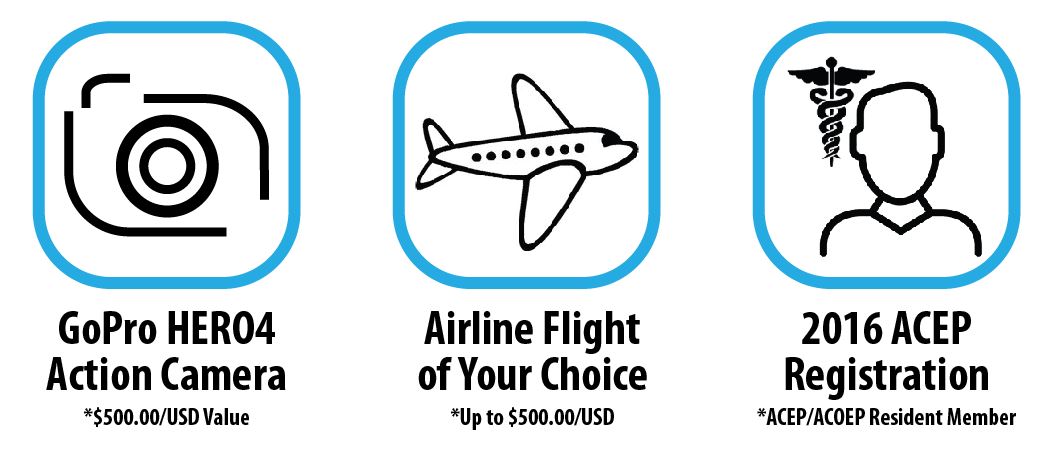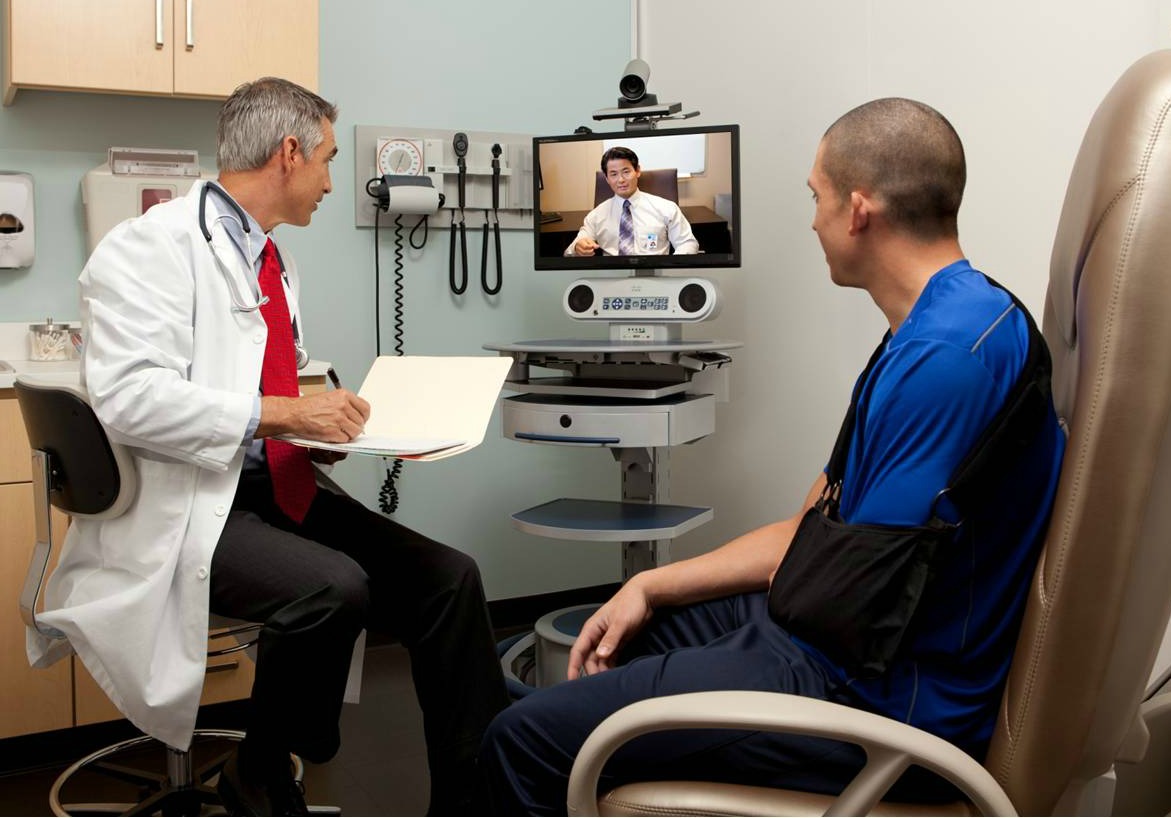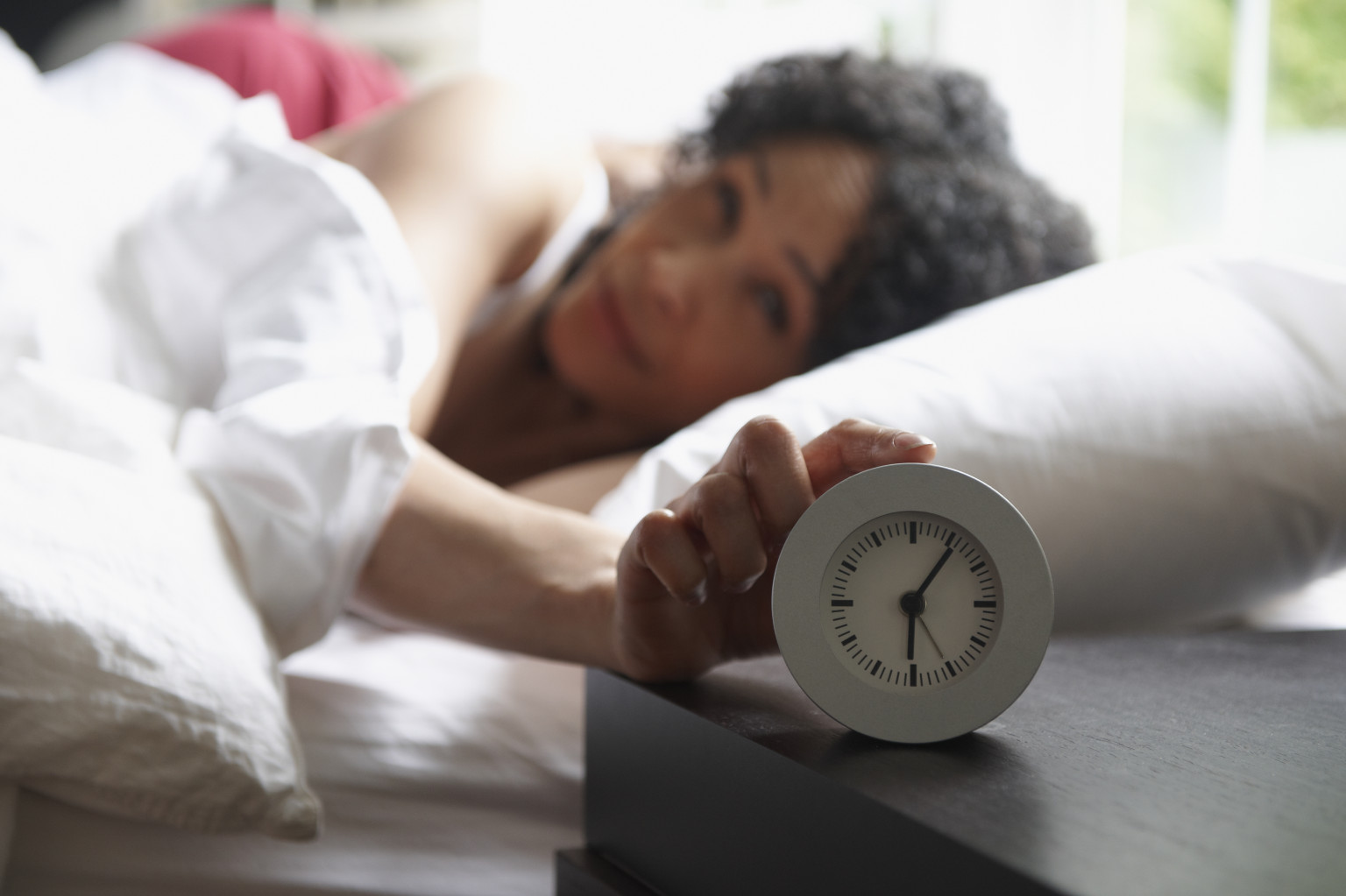9 Ways to Ease Transition & Increase Productivity After a Night Shift
As a healthcare provider, you have probably experienced the toll that the night shift can have on your quality of life.
Working the night shift forces the body to operate counter to its circadian rhythm, the internal clock that tells us when we should be sleeping and when we should be awake. Few people adapt easily or completely to such schedules, and it's not uncommon for such people to suffer from shift work sleep disorder (SWSD) or experience burnout in their career.
People who work the night shift can experience a variety of sleep-related issues, including insomnia, excessive sleepiness, irritability, and lack of concentration. Long-term effects also include depression, anxiety, substance abuse, and other mood disorders.
As a healthcare provider working in the field of emergency medicine, your schedule doesn't lock you in with what's natural for your body. Working nights, whether exclusively or sporaticly, is a part of the job and there will be times you are faced with working them.
How can you ease the transition and increase your productivity after working a night shift? Here are 9 hacks for optimizing that valuable time as the sun rises and you head to bed.







